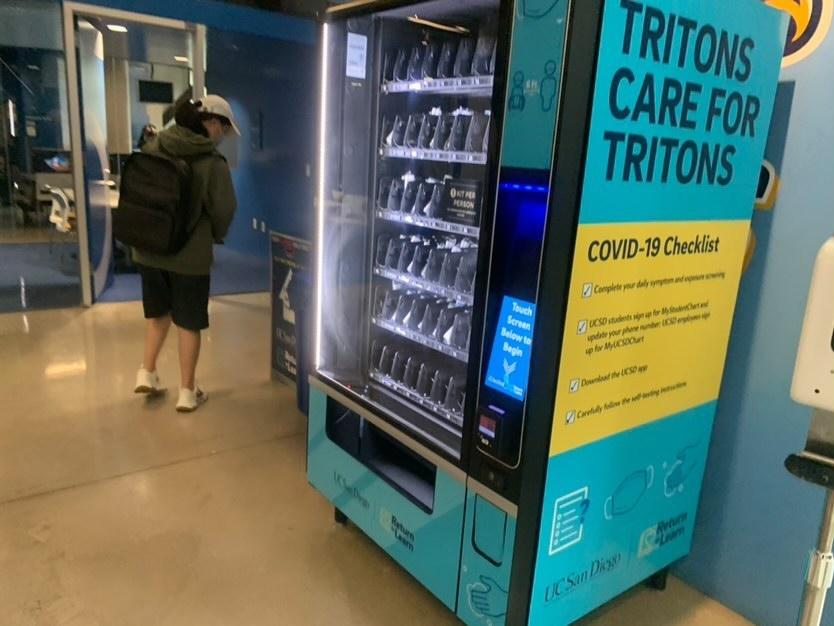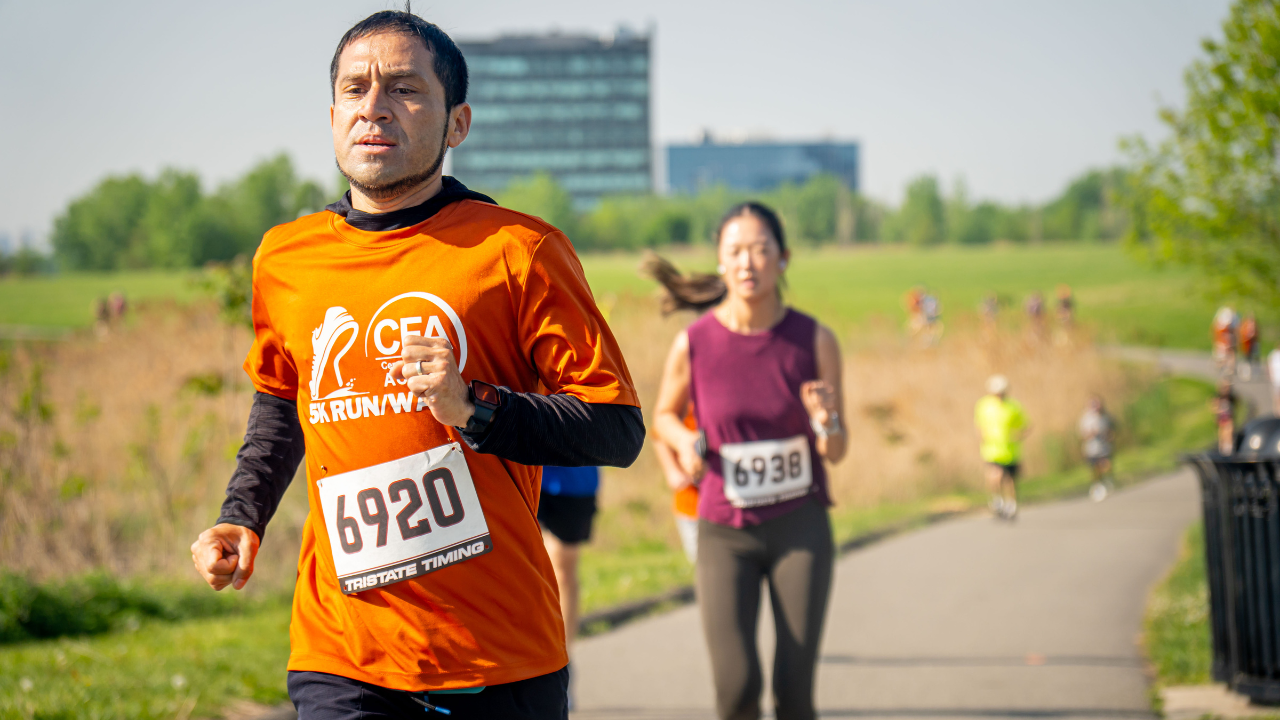(SAN DIEGO) —The University of San Diego (UCSD) plans to prevent COVID outbreaks via wastewater screening and other measures as students return to class.
According to UCSD News, with wastewater screening and regular COVID testing, the school can detect approximately 85 percent of cases earlier than last year’s method, prompting isolation by students and staff if needed.
In March of 2020, UCSD closed down the university and moved to online classes to keep students safe. The school is now back to in-person classes, but they are cautious about any possibility of COVID spread.
Vending machines reading “Tritons Care for Tritons” have been placed around campus invoking the school mascot The machines remind the students to stay safe and to stop the spread of the virus by taking a COVID test.
When asked about the COVID regulations at his school, Human Biology major Christian Nguyen said, “The COVID vending machines are a cool way to detect COVID on time, but I suffer from seasonal allergies and whenever I sneeze, I feel that other students think that I might have COVID, meaning, I always get disgusted stares instead of the usual, ‘Bless you.’”
Fear of the unknown ways of COVID spreading seems like a theme that runs around school. Economics major Kayla Elizabeth Sanchez agrees that UCSD is protecting the student’s health but still worries about potential spread through in-person classes. “I know we had to come back to in-person meetings,” she said,” but I just feel that it’s too soon, there are just too many risks being explored here, especially in the dorms where I currently live!”.
The university is asking that larger group lectures be held outdoors in the parking lots instead of a closed classroom where COVID is more likely to spread. They set up desks and chairs underneath tents, with signs beside them that read, “Quiet, Classroom in progress.”


